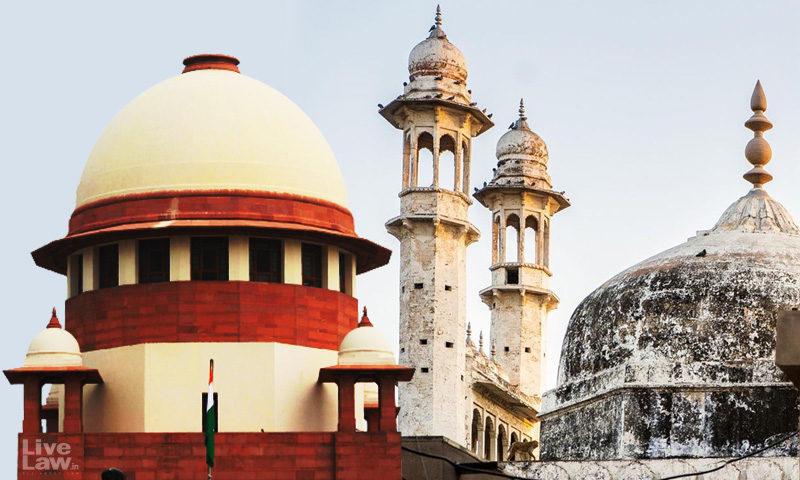“Alternative arrangements for wazu must be made, as worshippers are fetching water from a drum for usage. The expedition is due to Ramzan,”
 KRC TIMES National Bureau
KRC TIMES National Bureau

New Delhi : The Supreme Court on Monday agreed to hear on April 14 a plea by the Gyanvapi mosque management committee seeking arrangements for ablutions (wazu) in view of Ramzan. Appearing for the mosque committee, Senior Advocate Huzefa Ahmadi informed the bench of CJI DY Chandrachud, Justices PS Narasimha and JB Pardiwala about the difficulties worshippers face.
“Alternative arrangements for wazu must be made, as worshippers are fetching water from a drum for usage. The expedition is due to Ramzan,” he submitted. It has been argued in the plea the sealing of the mosque’s ablution area is
creating an inconvenience for the worshippers as they are deprived of the wuzu- khana (ablution pond) essential for offering namaz. The committee, in the application, has further contended that access to the washroom alongside the
wuzu is also hindered as the door remains sealed.

e-mail: infocom.krc@gmail.com
Know More | Apply Here
“This inconvenience, it is submitted, is further aggravated at present due to the ongoing month of Ramazan when not only prayers are important but such adequate arrangements for a washroom and ablution are required for the Taraweeh prayer at night, which continues for more than an hour. That apart, a large number of Namazis attend the Friday prayers as well,” the application states.
On May 17, 2022 a three-judge bench had directed the District Magistrate to ensure that the place inside the Mosque where a “Shivling” is stated to have been found is protected. It had also ordered that this would however not restrict the right of Muslims to offer Namaz and religious observances. On May 20, the bench while extending its May 17 order for eight weeks had transferred the case related to worship at Gyanvapi mosque from civil judge to the District Judge, Varanasi.
On November 11, a special bench of Chief Justice DY Chandrachud, Justices Surya Kant and PS Narasimha had directed for continuation of its order for the protection of the area where the “Shivling” was found till further orders.


